Has the Gaza ceasefire sown the seeds of an even worse conflict?
Hostage releases are bringing hope, but there also fears freed Palestinian fighters and radicalised prisoners will fuel a fresh cycle of violence.
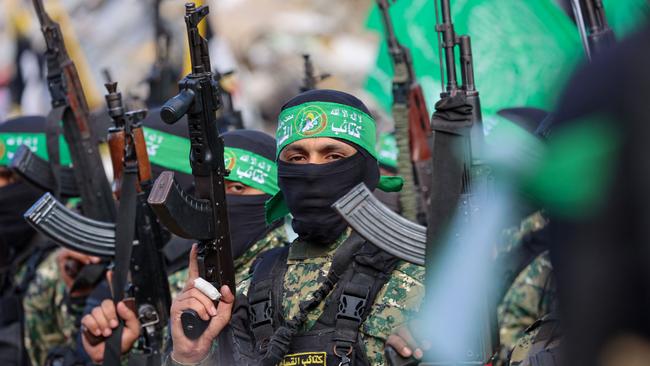
Being arrested never seems to get easier for Bushra Tawil. When Israeli soldiers found the young Palestinian activist at her friend’s house in March, they kicked and punched her in the face. One of them pressed a gun against her leg and threatened to shoot if she did not hand over her phone.
Last Sunday she was among 90 Palestinian prisoners freed in return for three Israeli women seized by Hamas militants during their murderous rampage into Israel on October 7, 2023.
Her release, after 10 months in prison without charge for “incitement”, has not engendered any goodwill towards her captors.
“There is no hope for peaceful coexistence with the Israelis,” said Tawil, at home in Ramallah, a white-walled West Bank town, her face framed by a floral headscarf and eyes gleaming defiantly.
“The world knows who the real criminals are and that we are the victims, the owners of this land.”
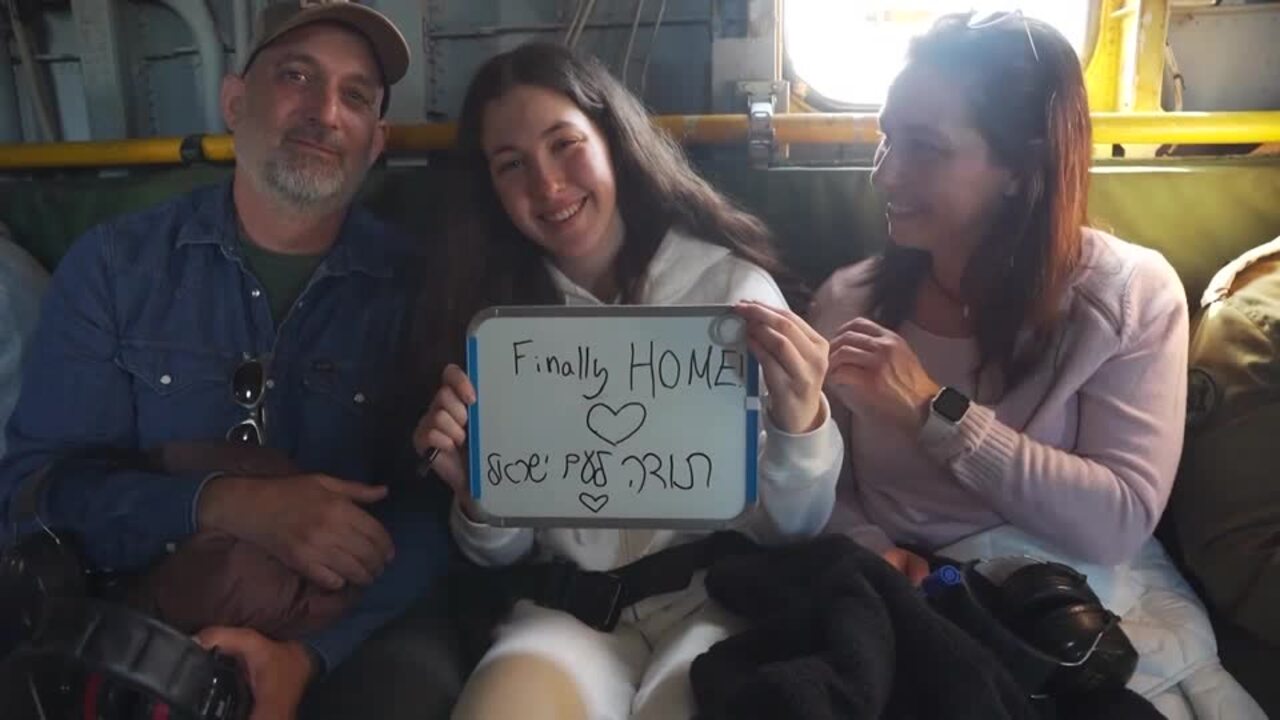
The ceasefire deal, the prisoner exchange and the influx of humanitarian aid into Gaza were hailed as a diplomatic breakthrough, bringing hope to Israeli families yearning for the return of loved ones and to the parents and children of Palestinian prisoners (Tawil’s father, a West Bank mayor, is still in jail).
On Saturday, four young Israeli women were freed from Gaza, apparently in good spirits, to be united with their families in exchange for another 200 Palestinian prisoners.
“Our hearts are filled with immense gratitude and joy,” said the family of Karina Ariev, 20, one of the released hostages.
“After 477 tumultuous days of pain, worry and endless anxiety, we finally got to embrace our beloved Karina, hear her voice and see her smile once again fill us with light.”
But many on both sides of the conflict doubt the ceasefire will endure long enough for everyone to come home.
With every bloody chapter of this conflict, age-old grievances seem to harden: the Hamas slaughter of 1200 Israelis in October 2023 and Israel’s brutal retaliation in Gaza, now a wasteland and graveyard for tens of thousands of civilians, may have sown the seeds for another generation of conflict.
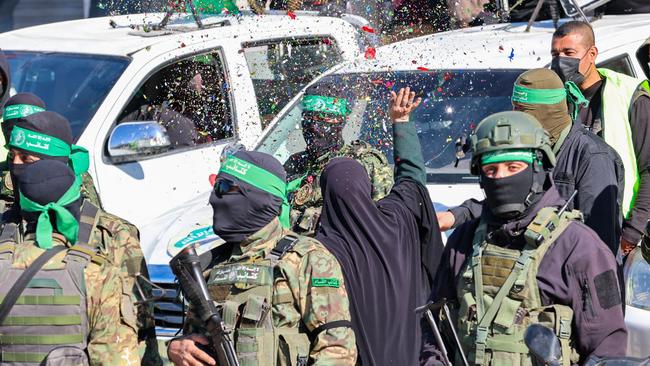
“A five-year-old whose family was killed and whose home was demolished is not likely to blame Hamas, he’ll blame Israel,” said Aviv Bushinsky, a former adviser to Binyamin Netanyahu, the Israeli prime minister, when I met him last week in Tel Aviv.
Antony Blinken, the former US secretary of state, put it just as bluntly a day before the ceasefire was declared, saying: “We assess that Hamas has recruited almost as many new militants as it has lost.”
The conflict, he added, had created “a recipe for an enduring insurgency and perpetual war”.
Israelis are particularly uneasy about freeing prisoners: among those expected to be released on Saturday were men involved in mass killings of Israelis in the early 2000s, including Zakaria Zubeidi, the former chief of the Al-Aqsa Martyrs Brigades.
There are fears, too, that some prisoners may have become radicalised in jail, sprouting into dangerous terrorists after their release. Yahya Sinwar, who masterminded the October 7 slaughter in Israel – and was killed in Gaza on October 17 last year – is a notable precedent.
He spent 22 years in Israel prisons before being exchanged in 2011, along with over a thousand other prisoners, for a single Israeli soldier, Gilad Shalit. Among the other Palestinians released under that deal was Tawil, then 18, after her first arrest.
Netanyahu had pledged to defeat Hamas. Yet that goal has clearly not been achieved: scores of the group’s green-bandana-wearing gunmen swarmed into a square in Gaza yesterday on Saturday to hand over the four hostages – but also to show the world they were unbowed and unbeaten.
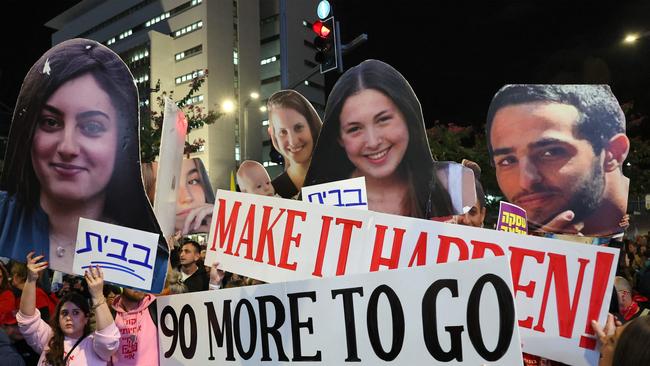
“After 15 months of war, the deaths of thousands of terrorists, the destruction of infrastructure, Hamas is still in power in Gaza, they’re the ones calling the shots, it’s crazy,” said Atila Somfalvi, an Israeli political analyst.
The Hamas “show” was a difficult spectacle for Netanyahu. The country’s longest-serving prime minister must appear in court on Monday on corruption charges, having managed to put off previous appearances, citing security issues and his recovery from prostate surgery.
He has been buoyed by the return to power in the US of a key supporter, Donald Trump, but his political survival still depends on far-right nationalists who want to resettle Gaza with deeply religious Jews and are urging Netanyahu to resume the war and finish the obliteration of Hamas.
Instead, Netanyahu’s focus last week shifted to the West Bank, another target for extremists on the right of his support base, who would like to annex Palestinian territories there. “They want the West Bank to burn,” said Somfalvi. “If it burns they can take over, send the Palestinians away once and for all.”
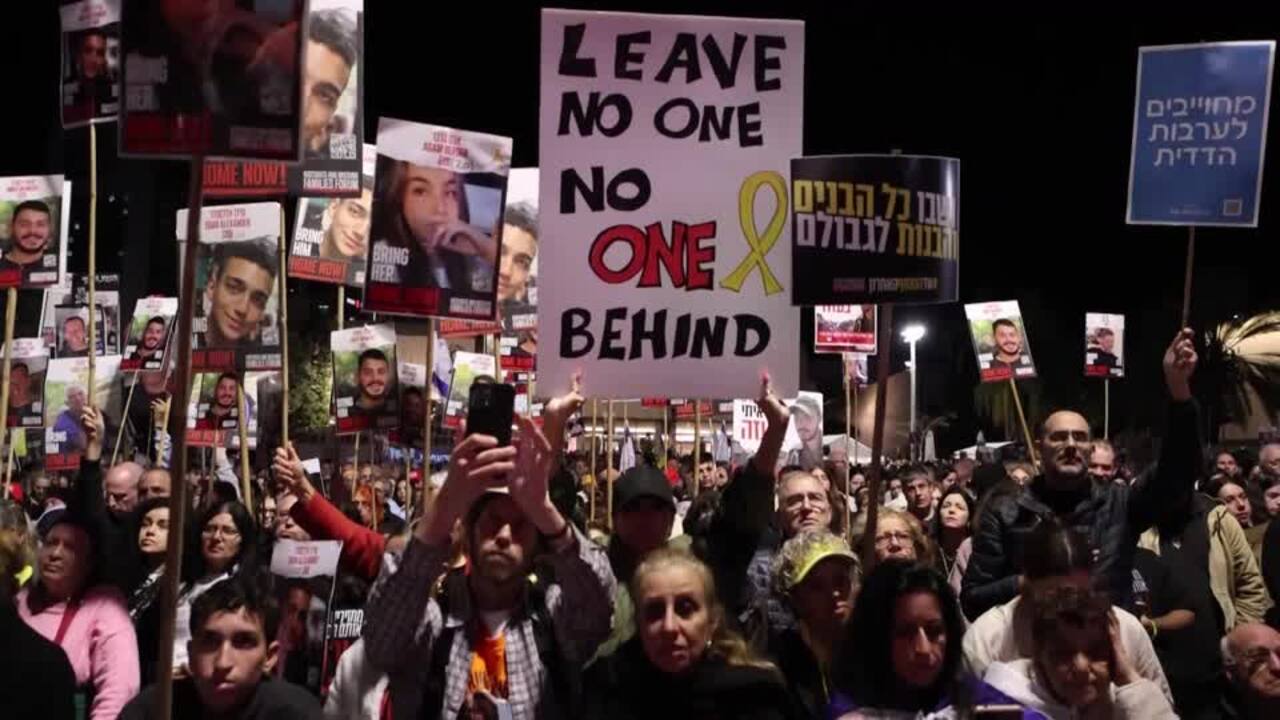
Israeli troops intensified operations in the area, targeting Palestinian activists in the northern city of Jenin, a hotbed of Palestinian militancy, where several were killed and arrested in an operation codenamed “Iron Wall”. Hundreds of residents were forced to flee their homes and roadblocks were set up outside many Palestinian towns, effectively closing them off. “The severe restrictions in movement they have imposed on us are unprecedented in my memory,” said Ghassan Khatib, 71, a former Palestinian minister and peace negotiator.
As the muezzin’s call to prayer echoed through the streets outside, Khatib spoke of the cycle of conflict from the first Palestinian intifada, or uprising, in the 1980s to the doomed Oslo peace accords of 1993, the murder by an Israeli extremist two years later of Yitzhak Rabin, the prime minister who signed them, and the second Palestinian intifada of the early 2000s. The peace process seemed to belong to an age of innocence compared with the horrors of today, he said.
“The question back then was whether Israelis were willing to cede control of any territories in exchange for peace. Now that is out of the question,” he said. “There’s been a transformation, support for the extremist ideology of Hamas has grown, the new Palestinian generation are more committed than their forebears, they won’t surrender.” He explained the ever-intensifying conflict by paraphrasing a line from a post-war Greek poet: “They think they are burying us, they don’t know we are seeds.”
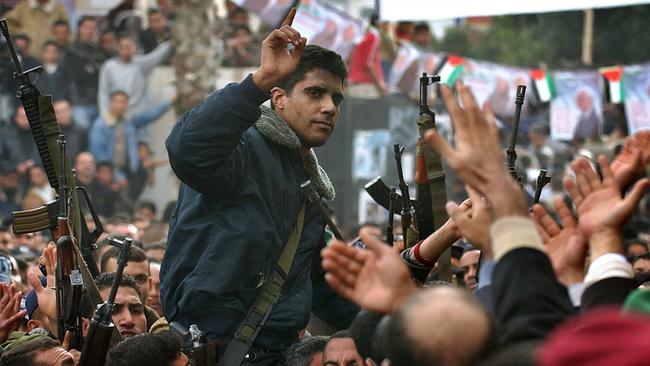
Khatib belongs to Fatah, a secular Palestinian movement more moderate than the Iran-backed Islamist Hamas, with which it has been at loggerheads for years. This has ensured the Palestinian leadership has remained deeply divided, an outcome that appeared to suit Netanyahu.
Some think Trump’s return to the White House might present an opportunity to rebalance the conflict.
Mark Sofer, a former Israeli ambassador to Ireland and a former peace negotiator, believes Trump’s promotion of a Saudi-Israeli accord might help end the violence. “It’s a question of how insistent the American administration will be,” he told me. He believed a change of political leadership in Israel was just as important.
“There are an enormous amount of good people who want to see this cycle of violence broken,” he said. “Perhaps something will happen.”
Tawil has already received a police summons for her online denunciations of what she calls the Israeli “occupiers’ and for criticising prison conditions. She is unafraid of being jailed once more.
She said: “Every arrest is harder than the last one. The Israelis try to break our will, but each time in prison makes me stronger and more determined.”
The Times

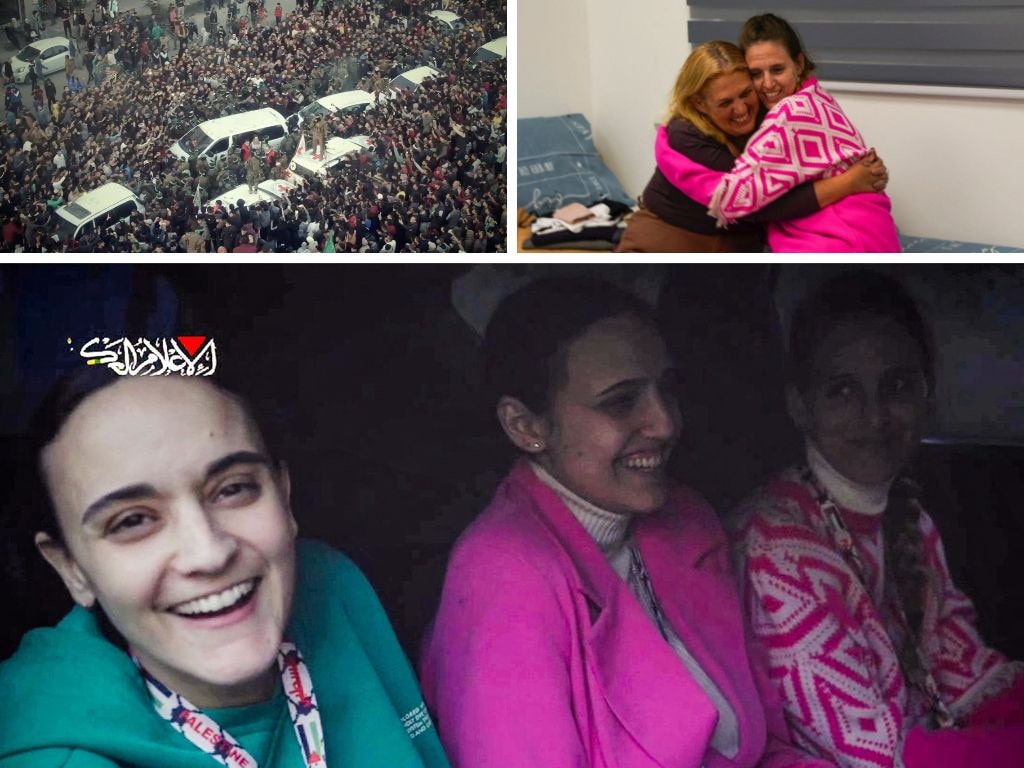
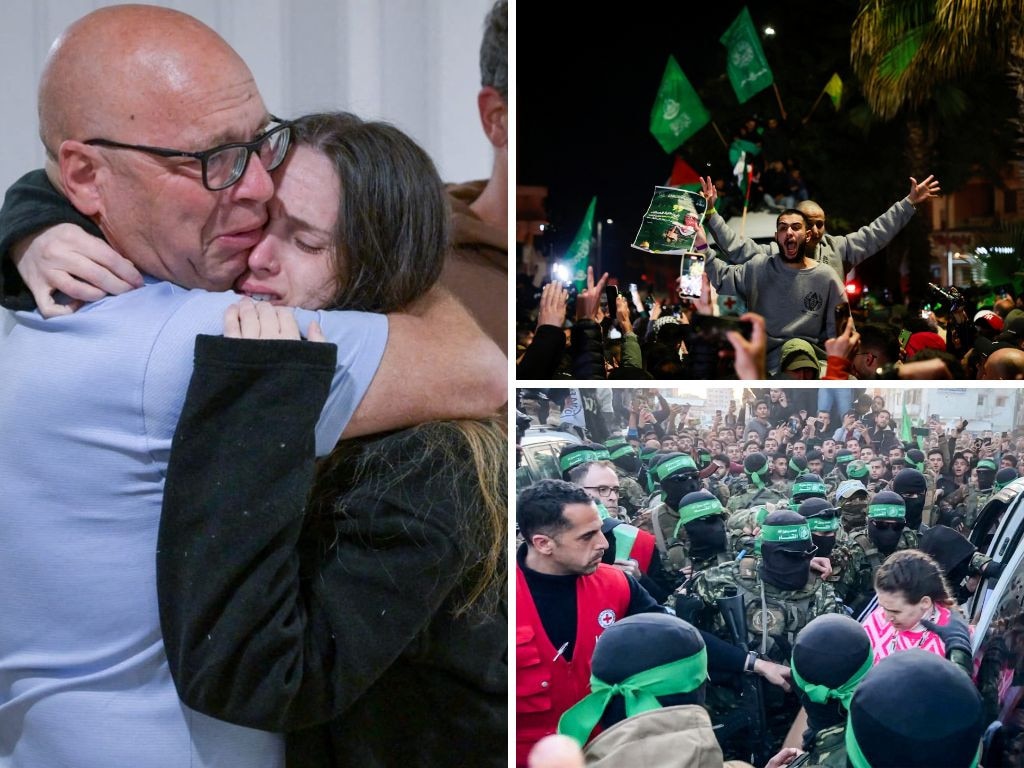



To join the conversation, please log in. Don't have an account? Register
Join the conversation, you are commenting as Logout